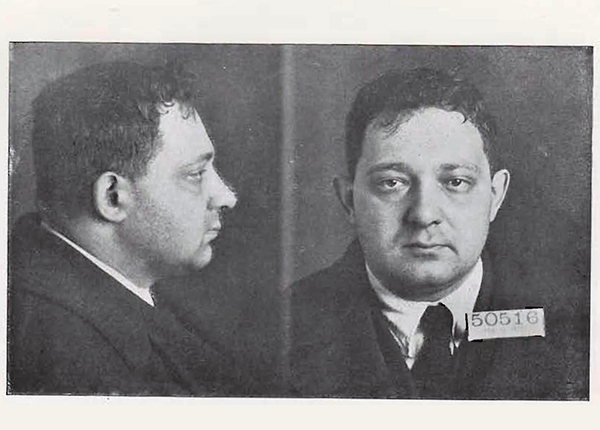Summary
When the First Amendment was ratified in 1791, its protections only applied to actions by the national government. Today, following the ratification of the Fourteenth Amendment and later decisions by the Supreme Court, the Constitution extends these protections to abuses by state governments. This process is known as incorporation. Gitlow v. New York—decided in 1925—was the first Supreme Court decision applying the First Amendment’s free speech protections to abuses by state governments. There, Benjamin Gitlow was arrested for distributing a “Left-Wing Manifesto,” which advocated socialism in America. Even though no violence resulted from the manifesto, Gitlow was convicted of violating New York’s Criminal Anarchy Law, which punished advocacy in favor of “overthrowing and overturning organized government by force, violence, and unlawful means.” Although the Supreme Court concluded that the First Amendment’s protection of free speech did apply to abuses by state and local governments, the Court upheld Gitlow’s conviction. In his majority opinion for the Court, Justice Edward Sanford concluded that New York’s law did not violate the First Amendment—ruling that New York could prohibit speech that advocated violent efforts to overthrow the government. In a powerful dissent, Justice Oliver Wendell Holmes (joined by Justice Louis Brandeis) criticized the majority’s reasoning, concluding, “[W]hatever may be thought of the redundant discourse before us it had no chance of starting a present conflagration.”





